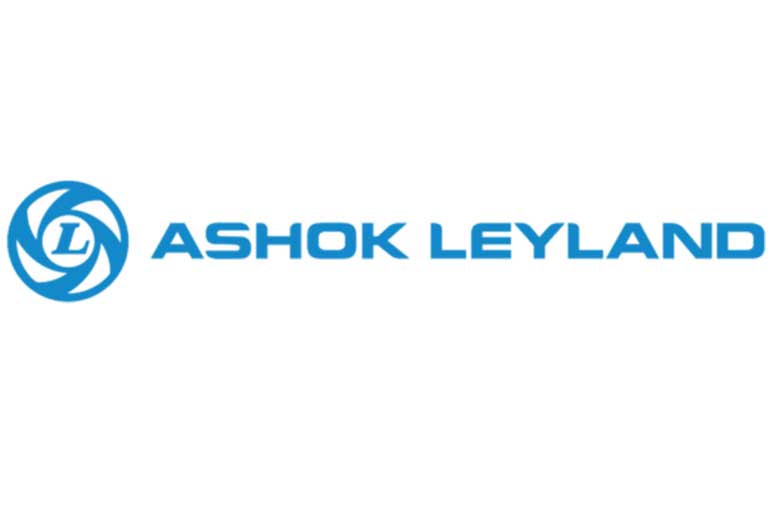Ashok Leyland Ltd., the flagship company of the billionaire Hinduja family’s conglomerate, is partnering with China’s third-largest battery manufacturer, CALB Group Co., to advance its expertise in lithium-ion cell technology.
The second-largest truck and bus manufacturer in India just entered into a 20-year deal with CALB. To start with, Chief Executive Officer Shenu Agarwal states that the company will initially import lithium-ion cells at CALB and concentrate on learning how to go about building them into battery packs. In the long run, Ashok Leyland will develop the potential to design and produce lithium-ion-powered batteries in India.
The collaboration with a giant cell producer in China can be an exemplar to other large conglomerates in India. Firms such as Reliance Industries Ltd. and JSW Group are also considering joining forces with the Chinese companies to have access to superior battery technologies that have not been established in India yet.
India continues to stress the need to be strategic in its self-reliance in key areas, but the country also needs the Chinese experience in order to fast-track her clean energy aspirations. Although Beijing imposes restrictions on the sale of rare earth magnets and technical expertise, the latest growth in the relations between India and China triggered the optimism about the enhanced commercial collaboration.
“We are not really an EV player if 70% of the components come from outside,” Agarwal noted, emphasizing the company’s intention to form additional partnerships to strengthen its position across the battery value chain.
As part of the agreement with CALB, Ashok Leyland plans to invest over ₹50 billion ($563 million) over the next seven to ten years to manufacture next-generation batteries for applications ranging from vehicles to energy grids. The Chennai-based company, a global leader in bus manufacturing, is already importing battery packs from CALB.
“Given its sheer size and geographical proximity, India is an especially attractive destination for investment from Chinese auto and battery manufacturers,” said Komal Kareer, an analyst at BloombergNEF.
She highlighted that India’s rapidly growing electric vehicle market and expanding energy storage sector offer significant opportunities for Chinese firms.
Taking a cautious approach, Ashok Leyland will initially focus on developing expertise in battery pack assembly, including thermal management and software integration, under CALB’s guidance. Agarwal emphasized that even top Chinese manufacturers face inconsistencies in production efficiency.
“Process is even more important than technology in the beginning,” he said.
The detailed phases of the partnership between Ashok Leyland and CALB have not been clearly defined yet, and both companies strive to conduct their business inside the legal frameworks of their countries, which was confirmed by Agarwal.
BloombergNEF estimates that as a battery market, India will be the third-largest in the world in 2035 and the demand will expand 19 times.
The interest in Indian businesses entering into agreements with Chinese companies had started before the latest meeting of Prime Minister Narendra Modi and Chinese President Xi Jinping on August 31, which signaled the positive advancement of bilateral relations.
Gautam Adani, a billionaire, pursued a battery production and manufacturing alliance with Chinese EV giant BYD and visited the premises of Contemporary Amperex Technology Co. (CATL), the largest battery manufacturer in the world, earlier this year. Meanwhile, the JSW Group of Sajjan Jindal has an agreement with Chery Automobile Co. to cooperate in electric vehicle technologies and components, which was reported by Bloomberg News in July and mentioned people who were familiar with this issue.



